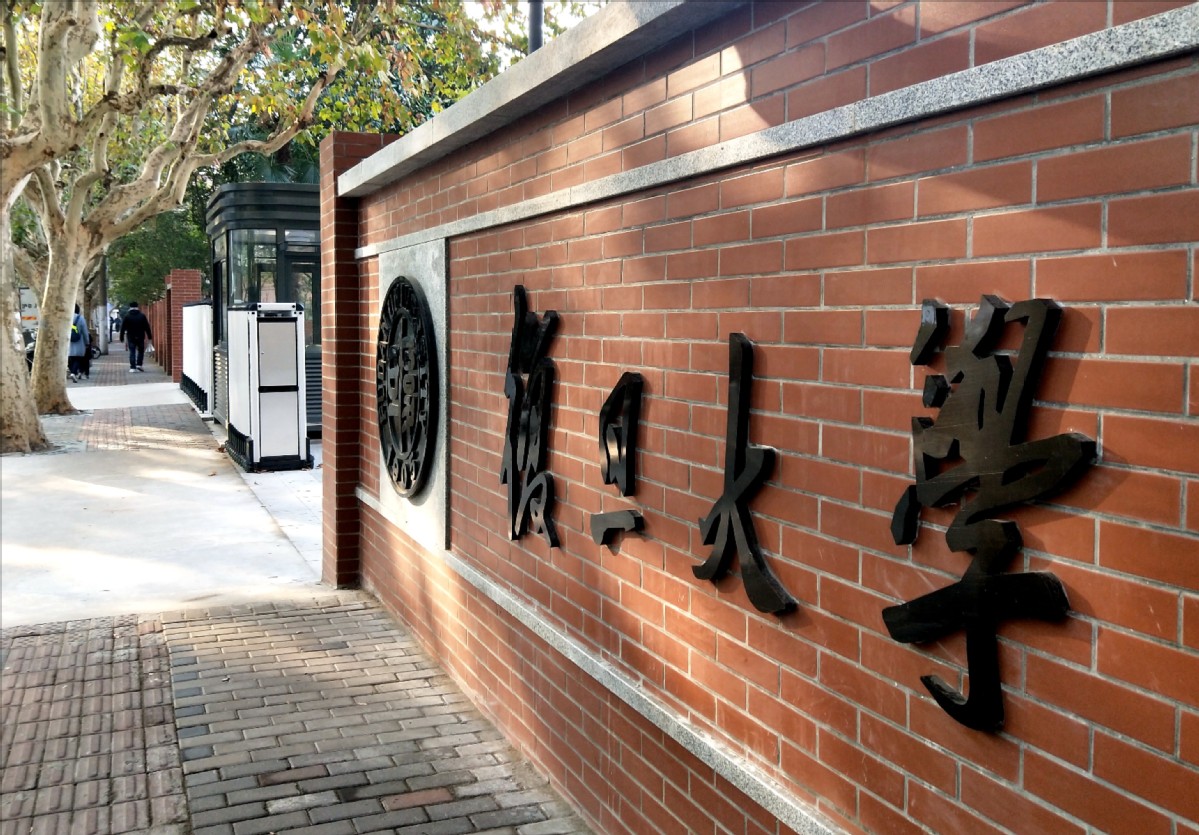Des chercheurs de l'Université de Fudan développent un test rapide pour le virus COVID-19
2022-02-28

Photo of Fudan University’s Handan campus in Shanghai, Nov 14, 2018. [Photo/IC]
Researchers from Fudan University in Shanghai have devised a method that offers detection of novel coronavirus nucleic acids in less than four minutes, much faster than the current method used domestically.
The research team said the new approach is ultrasensitive and uses small, portable equipment.
In the polymerase chain reaction nucleic acid tests widely used in China to detect the virus that causes COVID-19, a fluorescent signal shows whether a sample is positive. To obtain a fluorescent signal of sufficient intensity, the nucleic acid in the sample needs to be extracted and amplified, and the whole testing process takes two hours or more.
toutefois, in the new method, a transistor sensing chip with molecular electromechanical systems is able to complete rapid and ultrasensitive electromechanical detection of the virus’ ribonucleic acid in unamplified samples, which saves time.
Wei Dacheng, a leading researcher on the team that devised the method, said they converted the chemical signals of the virus’ nucleic acid into electrical signals.
“The conducting channel of a transistor is a semiconductor,” il a dit. “When the reaction takes place on the channel, on one hand, the transistor converts chemical signals into electrical signals, and on the other, it can amplify such signals.
“So when there is even a small number of nucleic acids interacting with the semiconductor, a colossal number of charge carriers will be generated in the transistor owing to the doping effect. As long as we can detect a change in the current, we can determine the existence of COVID-19 virus in the sample.”
A paper about the research, jointly conducted by Fudan’s department of macromolecular science, its State Key Laboratory of Molecular Engineering of Polymers and experts from other institutions, was published in the journal Nature Biomedical Engineering on Feb 7.
The team said transistors had previously been used to detect ions, biological molecules and free radicals, but it significantly improved the performance of the transistor sensor to meet the requirements of high-sensitivity novel coronavirus detection.
“Our team used to use the transistor for the detection of free radicals, but the concentration of SARS-CoV-2 nucleic acids is lower than that by around 10 orders of magnitude,” Wei said. He said that the research is still at the laboratory phase and requires further clinical validation to ensure its stable performance in different real-world environments before it can be put into clinical application.
La source: Quotidien de la Chine
















